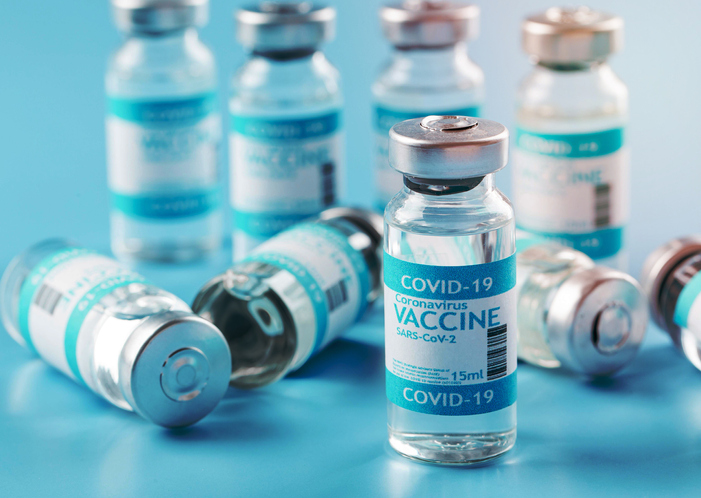By Vivienne Raper, PhD
A spin-out company, SPARTA Biodiscovery, from Imperial College London, is set to launch a benchtop instrument for detailed analysis of lipid nanoparticles and other nano-formulations. Jelle Penders, PhD, co-inventor of Single Particle Automated Raman Trapping Analysis (SPARTA®), says the instrument is the first to simultaneously identify the composition and size of nano-formulations in an automated and label-free manner.
SPARTA Biodiscovery hopes their invention will play a role in the burgeoning field of COVID-19 vaccines, among other technologies using nano-formulations, by helping researchers look at individual particles.
“We’re excited as an instrument company about supporting the faster, more cost-effective translation of nano-formulations into cancer drugs and vaccines,” says Penders. “Many formulations currently fail because there’s hidden heterogeneity in particles, which are masked by bulk averages. For example, half of the particles contain no drug and the other half contain too much.”
Developed to help characterize exosomes
Penders began developing SPARTA with a team at Imperial College London seven years ago to help characterize exosomes, which are a complex mix of types of lipids, proteins, and nucleic acids.
“The standard techniques failed to characterize them—they just gave the size of the particles and a picture of what they looked like, but little information on their composition,” he explains.
To get around this problem, he turned to Raman spectroscopy experts in the research group. Together, they developed a label-free technique that uses optical tweezers to temporarily hold them in place to help analyze individual nanoparticles
After research partners began to ask about buying the technology, Penders and colleagues decided to spinout their invention as a start-up company, which was launched in March 2022.
SPARTA Biodiscovery currently offers characterization of nano-formulations as a service. They aim to launch the beta and early-access program of their benchtop instrument by the end of the year, with a full commercial launch in 2024.
Penders will be speaking about SPARTA at a Dragon’s Den event at bioProcessUK in November.


